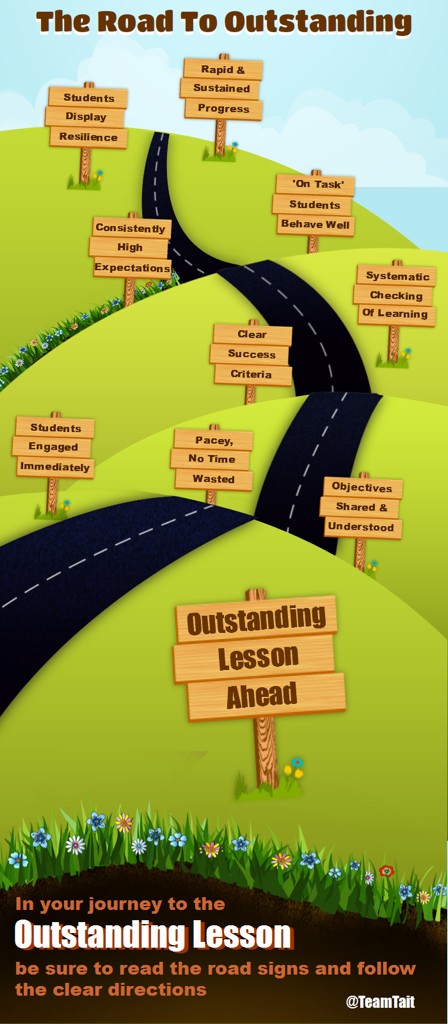Peer Observation
- Evident planning of session using Blend-space, to pull together resources including videos, assessments, Power-point slides, pictures/diagrams. This allows the content to be added onto the VLE in a neat form, all linked together which makes this a valuable resource for the students.
- Students arranged into study buddy's, determined by learning styles and mixing learning order. This seems to be well accepted by the students as a strategy to support them to achieve, not enforcing any behaviour issues, but perhaps good behaviour is a by-product of this?
- Use of BlendSpace allows for better flexibility of lesson progress/journey and also invites student engagement, in contrast to a 'death by PowerPoint' lesson. Allows learners to take control of the session.
- Use of purpose games as an individual 'mock exam', creating learning environment with 'chill' music, quiet environment. (A subtle hint towards the environments they could be creating at home.)
- Scores of the tests tracked on a spreadsheet, shown to all, students targets to beat their last score. Lloyd got the students to make an animal noise as loud as they could if they managed to beat their previous score. This really got the students engaged in this process! This tracking process adds value to assessment, an opportunity to monitor and also stretch.
- Students seem to have a desire to learn, which I believe is instilled into them through the passion in that Lloyd delivers the session, the high paced structure of the session, the constant stretching and challenging fro Lloyd.
- Quality note-taking is positively encouraged and seems to be a basic expectation, opportunities for note taking are clearly identified by Lloyd. Students are sometimes asked to summarise complex topics in their own words and these are shared within the group.
- Links to social media with a twitter feed set up for the students to use as a question/answer forum. Pintrest used to capture visual ideas, shared with students.
- Kinaesthetic activity set to identify the structure of a muscle using paper, drinking straws etc. Allowed for H.O stretch by asking to add labels and descriptions.
- Idea of students supplementing their learning by using the resources on blackboard to cover content, reinforce learning and self-assess. Students seem to buy into the idea and this idea is reinforced through the scoring system associated with the PurposeGames tests.

Key Points for My Development:
- Blend-Space: I have already started using BlendSpace and am finding it useful to pull together resources and naturally find myself planning more 'blended learning' sessions.
- Purpose Games: I have been using purpose games for a while, but I am going to experiment with the more formal 'tests' alongside the score tracking, as seen in Lloyd's session.
- Jimdo: This is a free website creator that I have trialled this year for an assessment with a Level 2 group. Last year the group made a poster and this year they are to make a multi-page website. The websites can be more interactive, with links to games/videos/screen-casts, to help students explain the criteria of the assessment.
- Screencasting: I have been using screencasting to offer assignment support. I am also planning to use this as an assessment tool, getting the students to create their own videos.
- Padlet: I have used Padlet several times and am finding it an effective tool that can be used in many formats. I have sued this as a class interactive tool, asking the students to add photos/descriptions/key words onto the wall and also as a presentation task, setting the students the task of filling the wall with information to then present back to the group. This avoided the students simply reading from power point's.
